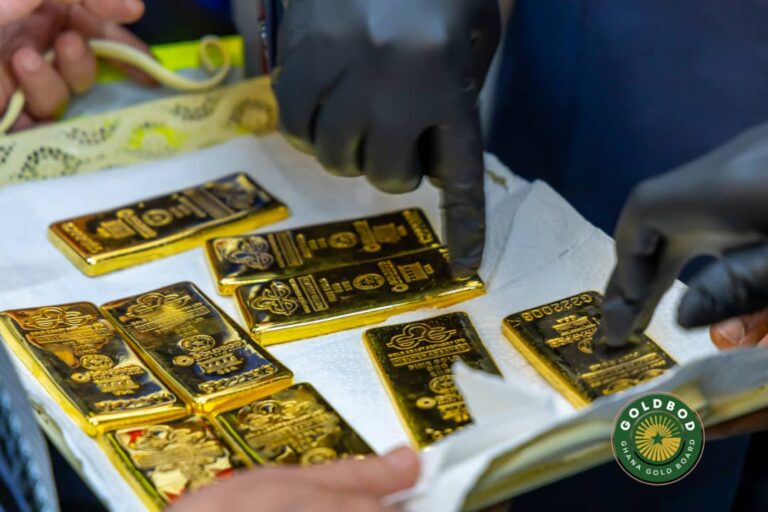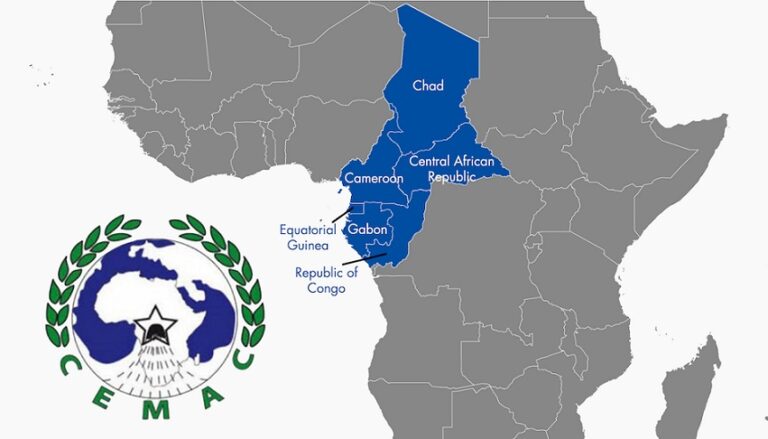
An artisan paints a metal box outside Mr. Richard Owino’s workshop in Kamukunji, Nairobi //Photo: Teddy Baing’oni
Preferred for its durability, affordability, and easy repair, Jua Kali products continue to stand out in the Kenyan market despite stiff competition from international imports, particularly from China. But how has the sector survived and thrived in such a competitive and evolving economic landscape? Beyond cost-effectiveness and toughness, why do many Kenyans still prefer Jua Kali products?
To answer these questions, I journey into the heart of Nairobi’s Jua Kali ecosystem, Kamukunji, where I meet artisans, traders, and buyers who form the backbone of one of Kenya’s most industrious informal economies.
In the ever-busy and noisy market of Kamukunji, I meet Richard Owino, a veteran Jua Kali artisan running a workshop and wholesale business. His shop specializes in crafting charcoal jikos, sufurias, wheelbarrows, metal boxes, and other essential items.
“I’ve been doing this work for thirty years,” he says. Despite the challenges, Owino says he has no regrets. “Technology has changed things, and the business has faced ups and downs. But I’m still proud of what I do.”
Our conversation is regularly interrupted by a steady stream of customers and artisans seeking instructions, a justification to the high activity and demand in the area. Many of the workers under Owino’s wing are trainees learning the trade through practical apprenticeship, a key driver of job creation in the informal economy.
Owino notes that rising material costs and the scarcity of supplies are their biggest hurdles.
“About 20 years ago, materials were cheaper and more accessible. Today, costs have tripled. It affects our pricing and profitability,” he explains.
Despite the challenges, he remains optimistic. “Technology will evolve, but this industry will remain relevant for at least the next 100 years.” Owino argues adding that there’s always a demand for affordable, durable goods.
He appeals to the government to prioritize and invest in the Jua Kali sector, which he describes as the largest employer in Kenya. “It’s one area that needs more attention. If well-supported, it can absorb thousands of youth and spur industrial growth,” he asserts.
As I prepare to leave, two customers arrive. One of them, Gladys Njoki, a retailer from Thika, offers a glowing review of the products.
“Imported sufurias that hold 10 liters cost around Ksh. 5,000, while the same from Jua Kali goes for half the price and they last longer. My customers trust the quality,” she says.
Njoki credits campaigns like “Buy Kenya, Build Kenya” for the growing appreciation of local goods. “More people are intentionally buying to support local industries,” she notes.
The term Jua Kali, literally meaning “fierce sun” in Kiswahili, was historically used to describe informal artisans who worked under the open sun due to lack of formal premises. The roots of the industry trace back to the 1960s, when nine former detainees from the Mau Mau rebellion began metalwork near today’s Maridadi Building in Nairobi.
By the 1970s, Kamukunji had grown to about 150 artisans, and by the early 1980s, the number had more than doubled. Harassment by authorities was common until 1983, when the Kamukunji Jua Kali Association was unofficially formed to represent the artisans.
According to Kenneth King, author of Jua Kali Kenya: Change and Development in an Informal Economy, 1970–1995, the term has since expanded to include all forms of self-employment and informal work in Kenya and beyond.
Many of these early artisans honed their skills in British detention camps, some making jikos and other metal items while imprisoned. Their legacy lives on in the vibrant enterprise at Kamukunji today.
According to a Deputy Director at the KIBT Directorate within the State Department for MSMEs Development, ‘Our focus is on equipping artisans with the necessary skills and knowledge to thrive in the informal economy. Through structured training programs and mentorship, we aim to enhance the capacity and competitiveness of MSMEs across the country.'”
We’re working on structured support programs, including access to credit, market linkages and modernized working spaces. But equally important is recognition. These artisans are entrepreneurs, innovators, and educators in their own right,” he notes.
The education link is hard to miss. In almost every stall, young apprentices hammer, weld, or shape metal under the close supervision of their seniors. Most have no formal training, but they gain real-world skills through daily practice. It is in these gritty, open-air workshops that many Kenyans learn lifelong trades—an informal technical school system that operates quietly but efficiently.
Durability and cost remain the top reasons for the popularity of Jua Kali goods. As the economy tightens and global prices rise, many Kenyans are turning to local solutions and the Jua Kali sector continues to deliver.
With the rising cost of living, many Kenyans are turning to Jua Kali, where they get quality products at prices that make sense. But beyond just saving money, buying from these artisans means supporting a tradition of hard work and skill that’s been around for decades. It’s about valuing what’s made locally, appreciating the hands that shape it and ensuring this industry continues to grow.



